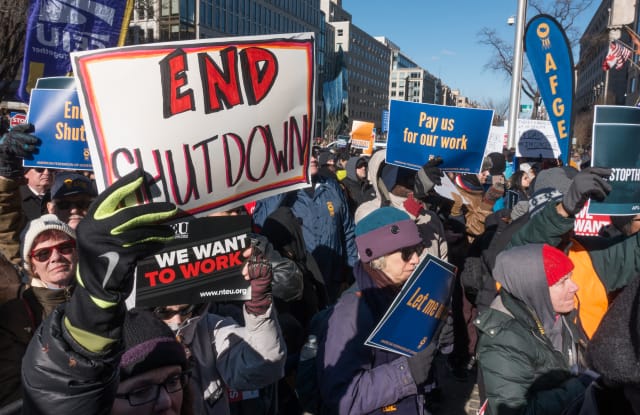[WWD] Today's Consumer - Cash-strapped, Loaded With Debt, Living Beyond Their Means

WWD's Arthur Zaczkiewicz' latest article spotlights the crippling debt that many in the US face as they live beyond their means. It spotlights the fact that about 80 percent of all US families, which includes minimum wage earners to those classified as upper middle class, are living paycheck-to-paycheck—meaning they don’t have enough savings to pay bills, their rent, or buy food. This data is based on a 2017 survey by CareerBuilder, and later backed up with additional, more recent data from Bankrate and the Federal Reserve.
Flourish managing partner Emmalyn Shaw shares insights about the current state of financial health that the majority of our country faces, the dire consequences they could be met with, and why Flourish is supporting companies whose innovations drive financial health and prosperity.
“We live in an era of unprecedented wealth but unequal opportunities. The majority of US households are not financially healthy, often living from paycheck-to-paycheck, and struggling to make ends meet. Forty percent of the country’s adults, if faced with an unexpected expense of $400, would either not be able to cover it or would cover it by selling something or borrowing money.”
Shaw noted that household debt is at an all-time high. “This dire scenario can make life’s common setbacks — an unforeseen car repair, a health emergency, or a job loss —lead to catastrophic financial consequences,” she explained. “And this is not a lower-income person’s problem. This picture captures the majority of our country’s middle class.”
One notable factor is the evolving nature of work itself. Shaw described the US workforce as “undergoing a profound transformation.”
“Private sector jobs are shifting from traditional W-2 arrangements to flexible 1099 contracting, creating income volatility, and taking away employer-sponsored safety nets,” Shaw told WWD. “While the 1099 shift offers workers increased flexibility and autonomy, it also generates significant financial uncertainty and anxiety. Unpredictable work schedules and wages make it difficult for people to budget, plan for emergencies, and save for the future. Fragmented income sources and complex payroll and tax obligations often exacerbate the time and stress of managing cash flows.”
Read the full article from WWD here.